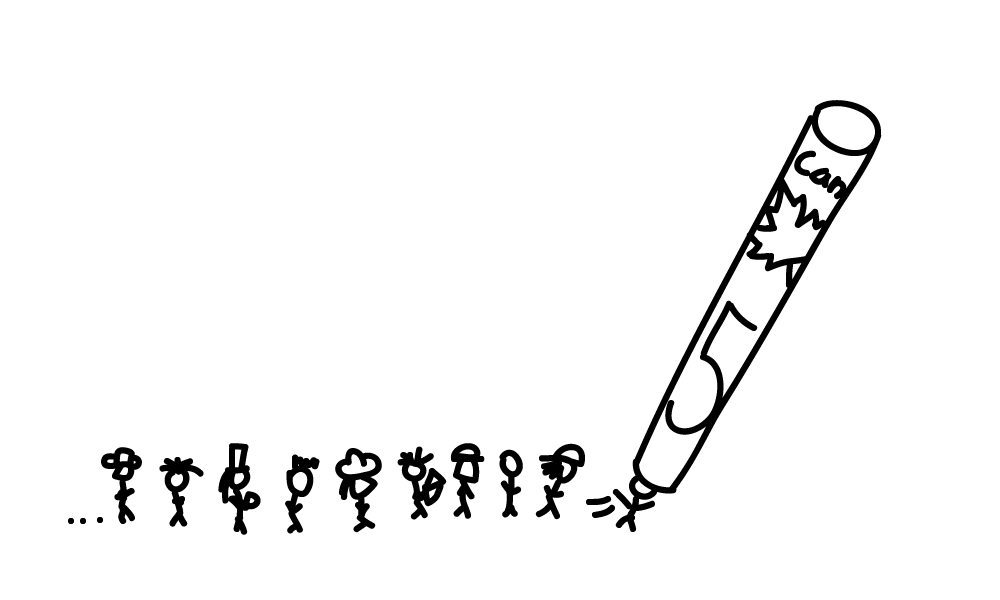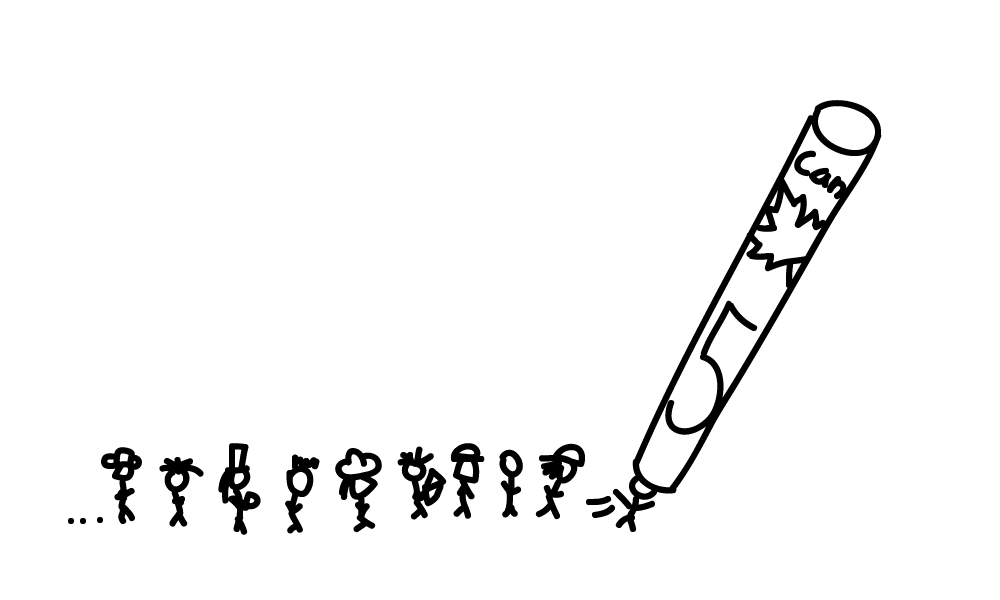BasicallyThis week, Russia’s meddlesomeness gets worse still. Mike Flynn promises to testify in exchange for immunity. The leader of the free world signs an order to undo what’s good for the climate. But also, sounds like NAFTA may not be done after all. Then there was a bad flood in Colombia. Cristiano Ronaldo gets ugly at last. And Mr. Musk recycles a rocket, which’ll be the first step in sending all the rest of us to Mars. Please, no.
Verbatim
Why do so many tech elites seem oddly obsessed with the future existential threat of AI and the Singularity, and so singularly uninterested in committing the same resources to fighting genuine existential threats facing us right now? As Stephen Cave argues in “Intelligence: A History” for Aeon, the answer to that is wrapped up in our dark collective past. Our privileged concept of intelligence, he says, has always been a tool of oppression.
From 2001: A Space Odyssey to the Terminator films, writers have fantasised about machines rising up against us. Now we can see why. If we’re used to believing that the top spots in society should go to the brainiest, then of course we should expect to be made redundant by bigger-brained robots and sent to the bottom of the heap. If we’ve absorbed the idea that the more intelligent can colonise the less intelligent as of right, then it’s natural that we’d fear enslavement by our super-smart creations. If we justify our own positions of power and prosperity by virtue of our intellect, it’s understandable that we see superior AI as an existential threat.

Things
In this excellent long read in California Sunday, star chefs Roy Choi and Dan Patterson discover that building a new ethical, accessible fast food empire up from the streets of Watts takes a whole lot more than good intentions. However you spin it, the locals will see you for what you represent: an invading force of gentrification. “It has attracted people into this community who didn’t know Watts existed. And I may not have realized I was marginalized until I check my reaction to the people coming here. There’s a bittersweet thing that stays bitter more than sweet.”
In Jacobin, Sarah Ngo reflects on the She-E.O. scandal that led last week’s Buckslip. The issue is not only one of abusive workplace culture: “Given Agrawal’s altruistic beliefs, one might be inclined to chalk her failures up to personal hypocrisy. But THINX’s failures are not just a reflection of Agrawal’s foibles — they’re a reflection of the problems embedded in ‘benevolent’ capitalism.” Qualifying your business instinct as “social entrepreneurialism” is a self-deluding coping mechanism, not a sustainable survival strategy.
The same might be said of “flat(ter) organizations.” They are an ideal toward which we can strive, yet never fully achieve in practice. But this eternal struggle is only futile if we let it prevent us from considering how to engage with prevailing, inescapable, hierarchical systems. In Aeon, a panel of scholars assemble in praise of hierarchy as a effective mechanism for dynamic involvement, rather than an efficient tool of domination.
This week the member-backed Dutch news outlet De Correspondent announced plans for serious expansion into the US. Here, Jay Rosen explains why he’s backing it, running a research project under the auspices of NYU to figure out how a membership model for journalism might work in the US. We love De Correspondent’s slow model of reporting “the climate, not the weather” and this excites us greatly. Plus, designwise, this is just exactly the right way to present a slow news article on the internet, don’t you think?
The 17th edition of the Chicago Manual of Style is coming! CMoS modernisation checklist: let language be less gendered (cis- is a kosher prefix, “they” gets more neutral play), lowercase “internet”, dehyphenate “email”. Fine. Good. Fresh with the kids. But you can pry my “ibid.” from my cold dead footnotes.
In case it’s all been a bit much to keep tabs on (as it’s been for us!), NYT’s made a timeline of everything to do with Trump's supposed surveillance drama.
Given the spotty record of foresight, why are so many people now embracing conspicuous future-oriented titles? A word of caution to all you futurists out there: “Every act of future making is an act of future taking… While creating a high fidelity image of the future may broaden people's imagination for what's possible, it can also really narrow their perception of what's possible or what their options are.”
Favourite blog genre — economists debunking lazy reporting of ambiguous data. Do millennial men really want stay-at-home wives, as per this week’s hot takes? Or are these just adventures in garbage millennial confirmation bias? (Related — the General Social Survey Data Explorer is a really intuitive way to dive deep into these complex surveys/behavioural trends. More giant data dumps should be this well presented)
Normally we’re a bit more playful down here, but this week, a straight-up request — could you tell your friends about our email? See, the thing is we accidentally wired Mailchimp up to our fridge doors via the Internet of Things, and now we can only get in to get food whenever we get a new subscriber. We made a nice new webpage that’s easier to share, so please share it before our perfectly good leftovers go bad.
Also, if any of y’all are going to be in New York for Theorizing the Web next weekend, let us know, because we’ll be there too!





